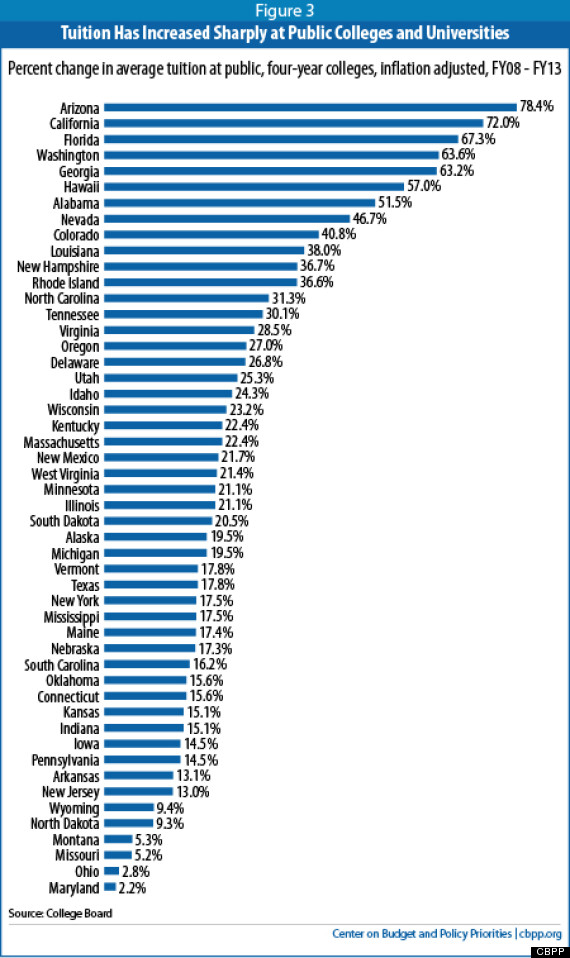New Report: Prosperity is Proportional to Economic Freedom along New Mexico’s Border
04.18.2013
(Albuquerque) Varying levels of economic freedom, both from country to country and state to state, have been widely studied by think tanks and government agencies alike. The strong trend is for economic freedom to be correlated with prosperity.
Nonetheless, few if any reports have directly compared the burden of government across often-arbitrary Western borders.
The new Rio Grande Foundation report, “Liberty, Opportunity, Prosperity along New Mexico’s Border,” is an attempt to localize the impact economic freedom has upon prosperity in New Mexico and border regions in neighboring states. (A summary of the report is available here) The report:
- Defines economic freedom and explains how and why it varies across political borders that delineate the neighboring counties of New Mexico, Texas, Oklahoma, Colorado and Arizona;
- Explains why economic freedom is relevant and statistically measures how it leads to prosperity;
- Ranks economic freedom of New Mexico counties compared to their neighboring counterparts across state lines;
- Explores the influence federal spending has on local economic freedom and, by extension, prosperity.
Said, Harry Messenheimer, PhD, author of the report, “Unfortunately New Mexico has a reputation is as an economically-unfree state, but on a county-by-county level, economic freedom varies widely.” Continued Messenheimer, “The borders between New Mexico, Arizona, Colorado, and Texas are straight and essentially arbitrary. For that reason neighboring counties along those borders provide a particularly useful laboratory for study of how differences in state/local economic freedom affect prosperity.”
Concluded Messenheimer, “economic freedom often varied a great deal among counties, and we uncovered yet another strong link between economic freedom and prosperity. Based on private earnings per worker as an indicator of prosperity, counties with mostly high economic freedom tended to be 75 percent more prosperous than those with low economic freedom. Moreover, more federal spending was associated with reduced prosperity.”











